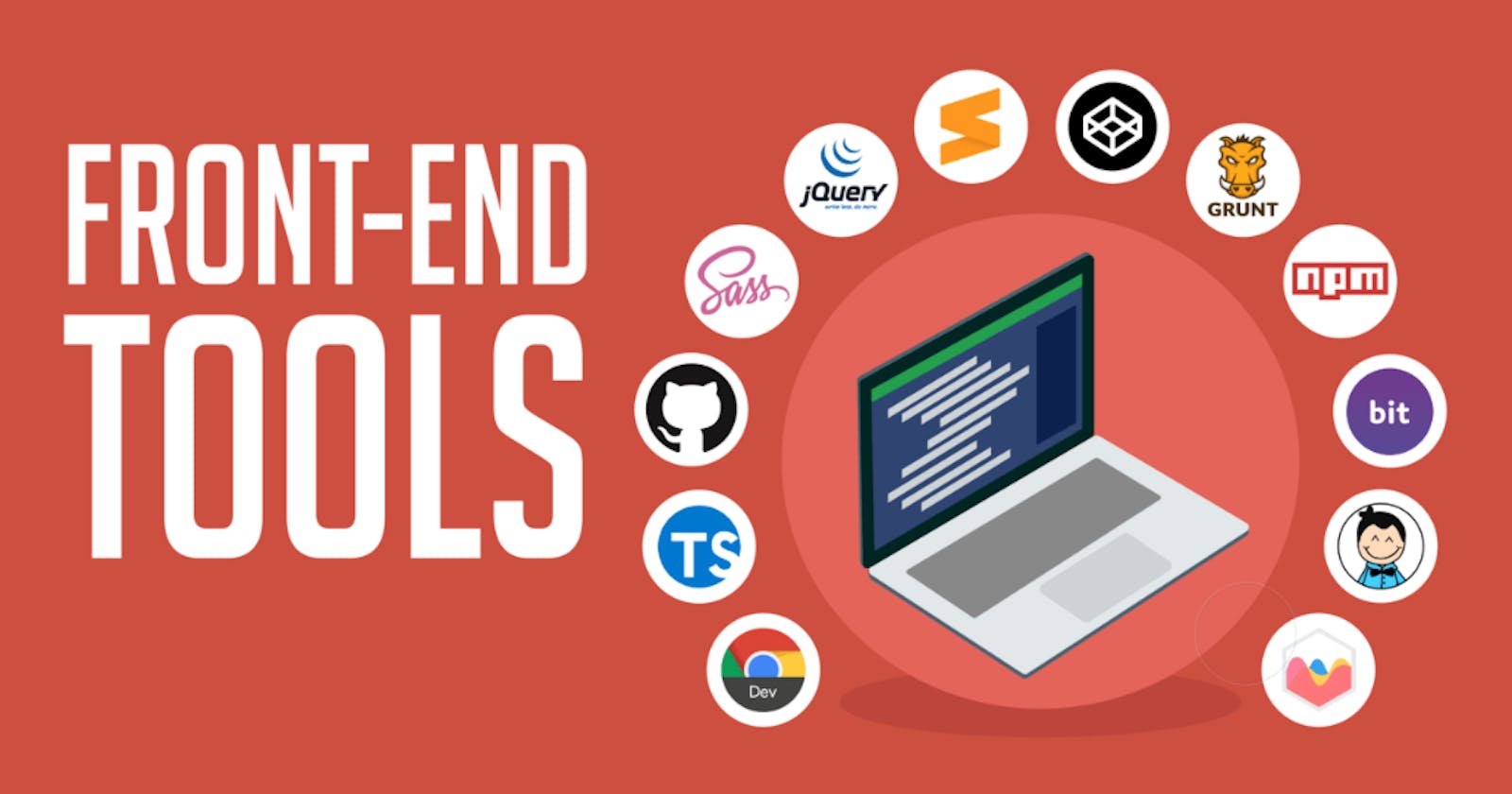Explore essential tools and resources for frontend development success. 🔧
Are you a frontend developer looking to enhance your toolkit and streamline your workflow? Here are some essential tools and resources
Integrated Development Environments (IDEs):
- IDEs like Visual Studio Code, Sublime Text, or Atom provide powerful features such as syntax highlighting, code completion, and debugging capabilities, making them indispensable for frontend development.
Version Control Systems (VCS):
- Git is a must-have tool for version control, enabling you to track changes, collaborate with team members, and efficiently manage your codebase. Platforms like GitHub, GitLab, or Bitbucket offer additional features like issue tracking and project management.
Responsive Design Frameworks:
- Frameworks like Bootstrap, Foundation, or Materialize CSS facilitate the development of responsive and mobile-first websites by providing pre-designed UI components and layout grids.
CSS Preprocessors:
- CSS preprocessors like Sass or Less extend the capabilities of CSS by introducing features such as variables, mixins, and nested rules, allowing for more maintainable and scalable stylesheets.
JavaScript Libraries and Frameworks:
- Libraries like jQuery simplify DOM manipulation and event handling, while frameworks like React, Angular, or Vue.js offer powerful tools for building interactive and dynamic user interfaces.
Browser Developer Tools:
- Browser developer tools, such as Chrome DevTools or Firefox Developer Tools, are invaluable for debugging, performance profiling, and optimizing frontend code.
Task Runners and Build Tools:
- Tools like Gulp or Webpack automate repetitive tasks like minification, concatenation, and transpilation, helping you streamline your development workflow and improve efficiency.
Frontend Package Managers:
- Package managers like npm or Yarn make it easy to install, manage, and update frontend dependencies, ensuring a smooth development experience and facilitating code reuse.
Online Learning Platforms and Communities:
- Platforms like Stack Overflow, MDN Web Docs, or freeCodeCamp provide comprehensive documentation, tutorials, and community support for frontend developers seeking to expand their knowledge and skills.
Design Tools and Prototyping Software:
- Tools like Adobe XD, Figma, or Sketch enable frontend developers to collaborate with designers, create wireframes and prototypes, and ensure seamless communication throughout the design and development process.
